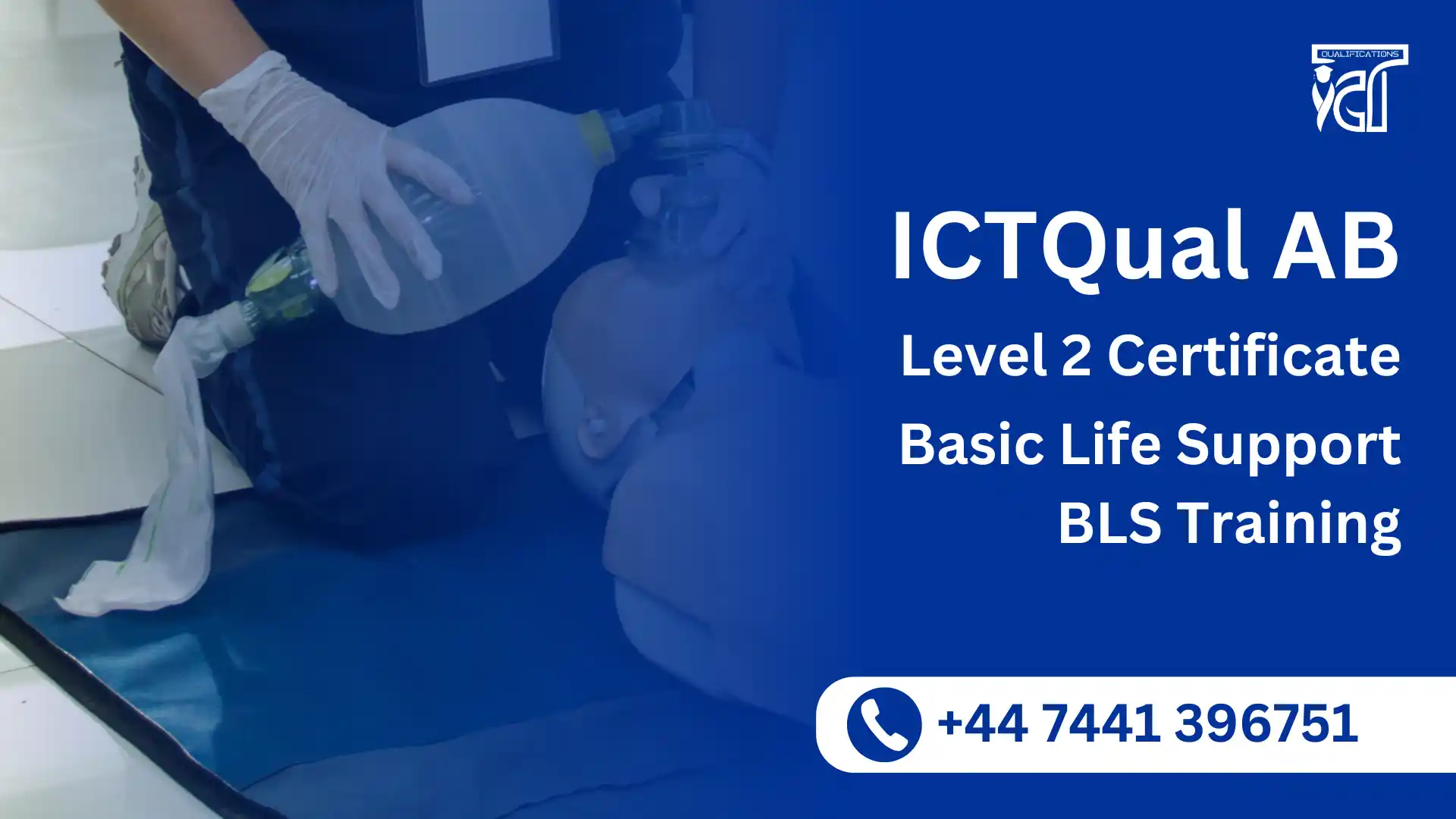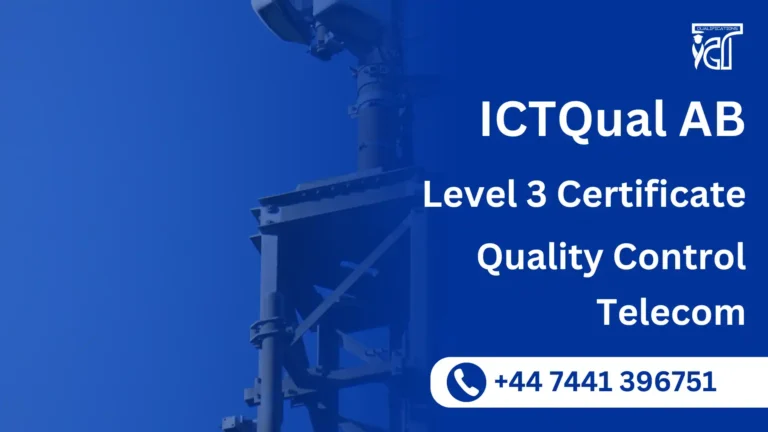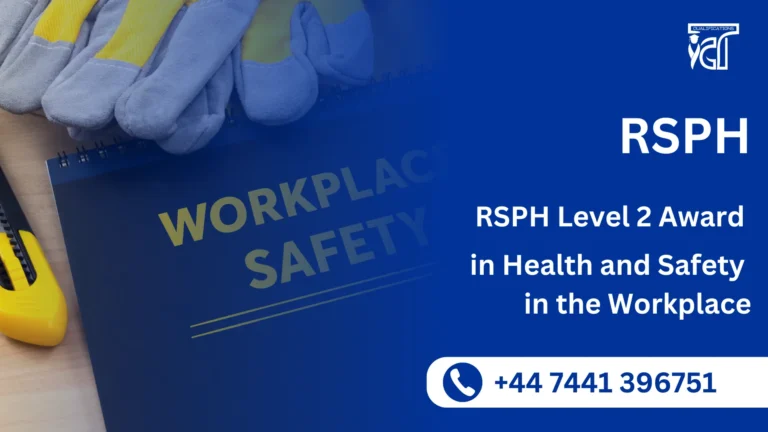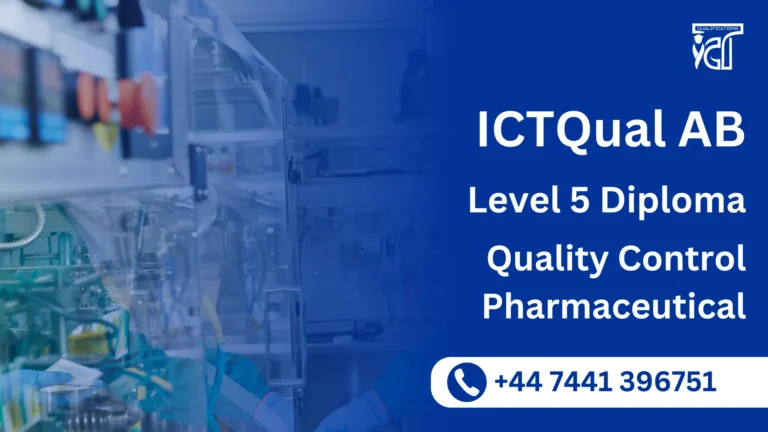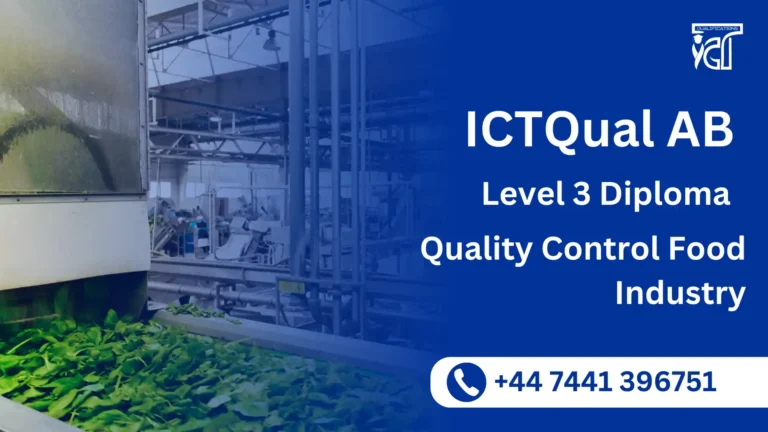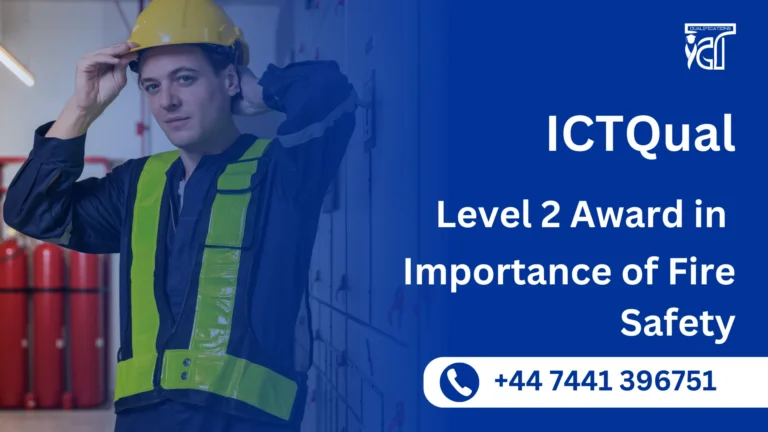The ICTQual AB Level 2 Certificate in Basic Life Support (BLS) Training is designed to provide learners with essential knowledge and practical skills necessary to perform effective life-saving interventions in emergency situations. This intermediate-level course builds upon basic life support principles, offering participants a deeper understanding of how to respond to medical emergencies such as cardiac arrest, choking, severe bleeding, and breathing difficulties.
Learners will gain hands-on experience in performing Cardiopulmonary Resuscitation (CPR), using an Automated External Defibrillator (AED), and managing airway obstructions for both adults and children. The course also focuses on ensuring the safety of both the rescuer and the casualty, proper communication with emergency services, and maintaining calm and control in critical situations.
This qualification is ideal for individuals in roles where emergency preparedness is required, such as teachers, fitness trainers, childcare providers, workplace safety personnel, and members of the public who wish to enhance their ability to respond confidently in life-threatening scenarios.
Upon successful completion of the course, learners will be awarded the internationally recognized ICTQual AB Level 2 Certificate in Basic Life Support, demonstrating their competence and readiness to provide immediate assistance in emergency situations, contributing to a safer environment at work, home, and in the community.
ICTQual AB Level 2 Certificate in Basic Life Support BLS Training
The ICTQual AB Level 2 Certificate in Basic Life Support BLS Training qualification consists of 6 units and 12 Credits for the complete qualification.
- Foundations of Emergency Life Support
- CPR and AED for All Age Groups
- Shock Management and Emergency Response
- Managing Stroke, Seizures, and Cardiac Arrest
- Patient Transport and Scene Management
- Post-Emergency Documentation and Reporting
GLH (Guided Learning Hours) and TQT (Total Qualification Time) are terms commonly used in vocational qualifications to help define the amount of time a learner is expected to spend on their studies.
1. GLH (Guided Learning Hours)
GLH refers to the number of hours a learner spends being directly taught, supervised, or supported during their course. This includes the time spent in activities such as:
- Classroom instruction
- Practical workshops
- One-on-one tutoring or mentoring sessions
- Online learning sessions with tutor support
In other words, GLH represents the time that learners are actively engaged with their instructors or learning activities.
2. TQT (Total Qualification Time)
TQT represents the total amount of time a learner is expected to invest in completing a qualification, including:
- GLH (Guided Learning Hours): Time spent on direct learning, as explained above.
- Self-Directed Learning: This includes time spent on independent study, research, assignment completion, preparation for exams, and any other work the learner does outside of direct teaching hours.
TQT is a broader measure that includes all the time required to achieve the qualification. It helps learners and employers understand the overall commitment required for the qualification.
Key Differences Between GLH and TQT:
- GLH focuses on direct learning with guidance or supervision.
- TQT includes GLH as well as independent study time and other learning-related activities.
Example:
If a qualification has a TQT of 600 hours and a GLH of 250 hours, it means the learner should spend 250 hours in direct learning (classroom, online, or tutor-led sessions) and 350 hours on independent study or research.
Here are the learning outcomes for each study unit:
Foundations of Emergency Life Support
- Understand the principles of basic life support and its role in emergency care.
- Identify life-threatening conditions and assess the need for immediate intervention.
- Learn the legal and ethical considerations in providing emergency assistance.
CPR and AED for All Age Groups
- Perform cardiopulmonary resuscitation (CPR) on adults, children, and infants.
- Demonstrate the correct use of an automated external defibrillator (AED) in emergencies.
- Recognise the importance of early defibrillation and its impact on survival rates.
Shock Management and Emergency Response
- Identify the signs and symptoms of different types of shock.
- Apply appropriate first aid measures to manage shock and stabilise the patient.
- Understand the importance of rapid response in reducing the risk of complications.
Managing Stroke, Seizures, and Cardiac Arrest
- Recognise the symptoms of stroke and provide immediate assistance.
- Learn how to manage seizures safely and prevent injury to the patient.
- Respond effectively to cardiac arrest situations with appropriate life-saving techniques.
Patient Transport and Scene Management
- Assess emergency scenes for potential hazards and ensure safety.
- Apply best practices for moving and transporting patients without causing further harm.
- Coordinate with emergency medical services to facilitate professional care.
Post-Emergency Documentation and Reporting
- Understand the importance of accurate documentation in emergency response.
- Learn how to record and report critical incident details for medical and legal purposes.
- Ensure compliance with health and safety regulations in reporting emergency situations.
Benefits of the ICTQual AB Level 2 Certificate in Basic Life Support BLS Training
Essential Life-Saving Skills Development
Learn critical techniques such as high-quality CPR, AED usage, and airway obstruction management for adults, children, and infants in emergency situations.
Improved Confidence and Preparedness
Gain the confidence to act quickly and effectively during medical emergencies, providing timely assistance that can save lives before professional help arrives.
Internationally Recognized Certification
Receive a globally acknowledged Level 2 Certificate that adds value to personal and professional qualifications across various sectors.
Relevant for Multiple Sectors
Suitable for individuals in healthcare support, education, childcare, fitness, hospitality, and community services who may encounter emergencies in their professional or personal lives.
Compliance with Health & Safety Standards
Helps organizations meet regulatory requirements related to emergency preparedness and workplace safety.
Practical, Hands-On Training
Benefit from real-life simulations and practical exercises that prepare learners to apply skills confidently in real emergencies.
Foundation for Advanced Learning
Provides a solid stepping stone for those who wish to pursue higher-level qualifications such as the Level 3 Certificate or specialized first aid and emergency response training.
Increased Employability
Enhances employability in fields where certified life-saving skills are considered essential or highly valued, such as fitness training, education, security, and childcare.
Contribution to Community Safety
Enables learners to make a positive impact in their communities by being prepared to assist in sudden cardiac or respiratory emergencies.
Who is the ICTQual AB Level 2 Certificate in Basic Life Support BLS Training Best Suited For?
This course is ideal for:
Healthcare Support Staff
Non-clinical healthcare workers, such as medical assistants, administrative staff, and care home workers, who require essential life-saving skills.
Teachers, School Staff, and Childcare Providers
Educators and caregivers responsible for the safety and well-being of children and young people in schools, nurseries, and daycare settings.
Fitness Instructors, Sports Coaches, and Personal Trainers
Individuals involved in physical fitness or sports activities who may encounter emergencies during training or events.
Workplace Safety Officers and General Employees
Staff across various industries who wish to be prepared for potential medical emergencies in the workplace.
Security Personnel and Public Service Workers
Security staff, police, lifeguards, and other public safety workers needing fundamental life support skills as part of their job roles.
Community Volunteers and First Aiders
Volunteers and community members interested in learning how to assist in emergencies before professional medical help arrives.
Family Caregivers and General Public
Parents, guardians, and caregivers who want to be prepared to respond to health emergencies involving family members at home or in public settings.
Aspiring First Responders
Individuals planning to pursue further qualifications in first aid, emergency response, or healthcare professions, using this course as a foundation.
Entry Requirements
Register Now
Qualification Process
Qualification Process for the ICTQual AB Level 2 Certificate in Basic Life Support BLS Training
- Self-Assessment:
Begin by evaluating your eligibility to ensure you meet the qualification requirements, including work experience, knowledge, and language proficiency. - Registration:
Complete your registration by submitting the required documents, including a scanned copy of a valid ID, and paying the registration fee. - Induction:
An assessor will conduct an induction to confirm your eligibility for the course and explain the evidence requirements. If you do not meet the criteria, your registration will be canceled, and the fee will be refunded. - Assignmnets & Evidence Submission:
Provide all assignmnets and the necessary evidence based on the assessment criteria outlined in the course. If you are unsure of the required evidence, consult with the assessor for guidance on the type and nature of evidence needed. - Feedback and Revision:
The assessor will review your submitted evidence and provide feedback. Evidence that meets the criteria will be marked as “Criteria Met,” while any gaps will be identified. You will be asked to revise and resubmit if needed. - Competence Evidence:
Submit final evidence demonstrating that all learning outcomes have been met. This evidence will be marked as “Criteria Met” by the assessor once it is satisfactory. - Internal Quality Assurance (IQA):
The Internal Quality Assurance Verifier (IQA) will review your evidence to ensure consistency, quality, and compliance with standards. - External Verification:
The IQA will submit your portfolio to ICTQUAL AB External Quality Assurance Verifiers (EQA) for final confirmation. The EQA may contact you directly to verify the authenticity of your evidence. - Certification:
Upon successful completion of all checks, ICTQUAL AB will issue your official certificate, confirming that you have attained the ICTQual AB Level 2 Certificate in Basic Life Support BLS Training.

